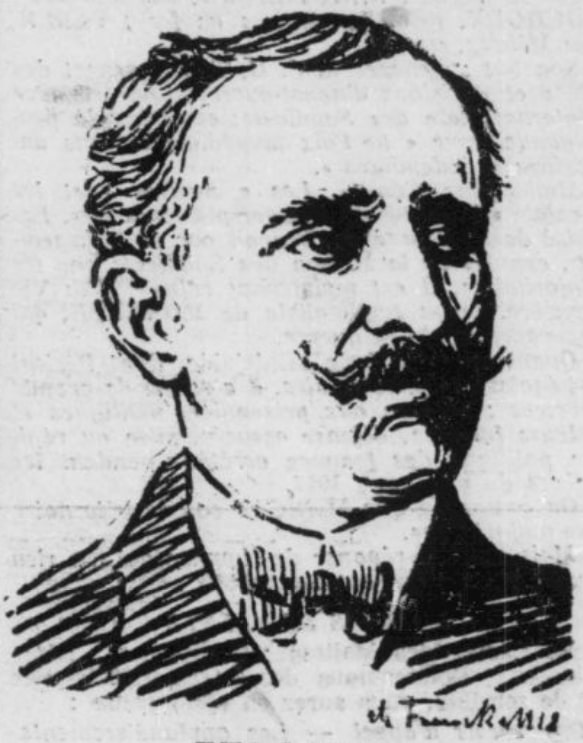Raymond Péricat
| Raymond Péricat | |
|---|---|

Raymond Péricat in 1918
|
|
| Born |
23 January 1873 Gretz-Armainvilliers, Seine-et-Marne, France |
| Died | 13 July 1958 (aged 85) Paris, France |
| Nationality | French |
| Occupation | Labor leader |
Raymond Péricat (23 January 1873 – 13 July 1958) was a militant French trade unionist and communist. During World War I (1914–18) he took an internationalist and pacifist position. After the war he tried to establish a radical Communist party that blended Bolshevism with anarchist concepts.
Raymond Louis Péricat was born on 23 January 1873 in Gretz-Armainvilliers, Seine-et-Marne. He entered the building trade, and soon became involved in union activities. He was secretary of the Building Federation (Fédération du Bâtiment) from 1908 to 1912. Péricat represented the Federation of Building Trades Workers at the CGT's Conférence Ordinaire des Fédérations Nationales et des Bourses du Travail held on 13–15 July 1913. This was the last general meeting of the CGT before World War I (1914–18). Péricat was in favor of fusing the national federations and bourses, while Léon Jouhaux and Alphonse Merrheim were in favor of keeping a degree of autonomy.
During World War I (28 July 1914 – 11 November 1918) Péricat devoted much effort to fighting the nationalist unions that supported the war, along with Merrheim, Albert Bourderon and Fernand Loriot. On 31 July 1914 he was the only member of the National Confederal Committee of the CGT to propose to implement the decision made by its congress and launch an insurrection against the war. The International Action Committee (CAI: Comité d'action internationale) was founded in December 1915 by French syndicalists who supported the pacifist declarations of the Zimmerwald Conference. Péricat was secretary of the CAI.
In 1916 the CAI merged with the Socialist Minority Committee to form the Committee for the Resumption of International Relations (Comité pour la réprise des rélations internationales). Péricat was a member of the executive of this committee. Albert Bourderon proposed and Louise Saumoneau supported a manifesto that said the Committee would function "until the party majority and the International Socialist Bureau resume international relations." In February 1917 the Committee for the Resumption of International Relations split up. Alphonse Merrheim withdrew to concentrate on union work. Pierre Brizon, Jean Raffin-Dugens and Bourderon joining the SFIO minority led by Jean Longuet. The socialists Fernand Loriot, Charles Rappoport, Louise Saumoneau and François Mayoux took control of the committee.
...
Wikipedia
